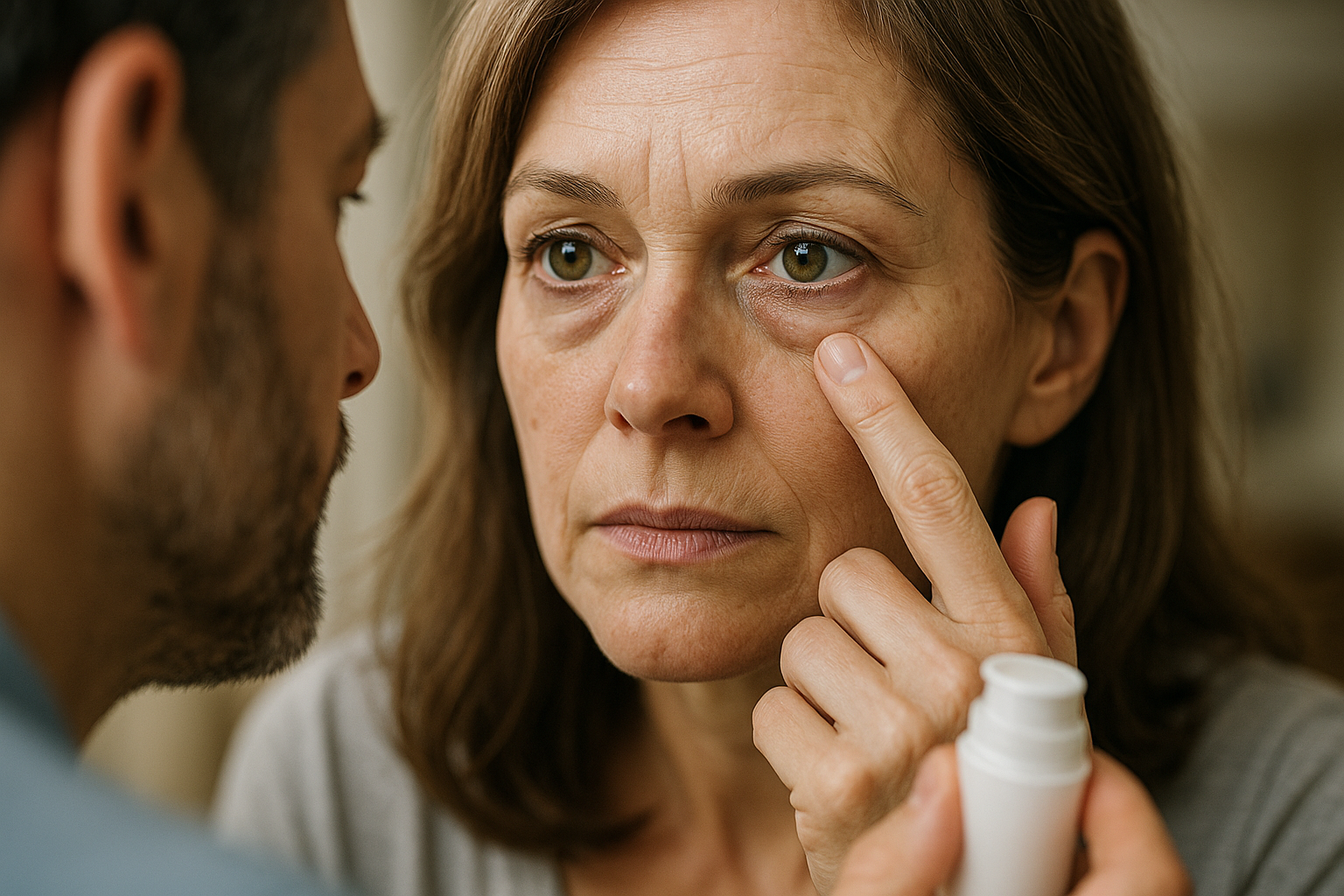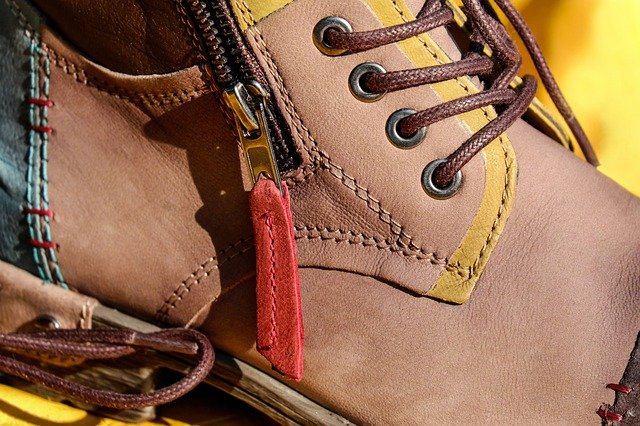Quick Relief for Bed Bug Bites: Safe Steps to Reduce Itching and Swelling Overnight
Bed bug bites can cause intense itching, redness, and swelling that disrupts sleep and daily activities. These small, parasitic insects feed on human blood during the night, leaving behind clusters of irritating welts that can persist for days or weeks. While bed bug bites are generally not dangerous, they can become infected if scratched excessively or treated improperly. Understanding how to provide immediate care and relief can significantly reduce discomfort and promote faster healing while preventing complications.

Bed bug bites typically appear as small, red, itchy welts arranged in lines or clusters on exposed skin areas. The reaction varies from person to person, with some experiencing minimal symptoms while others develop severe swelling and intense itching. The key to managing bed bug bites effectively lies in prompt treatment and proper care techniques that address both immediate symptoms and long-term healing.
Clean and Protect: Immediate Care for Bite Sites
The first step in treating bed bug bites involves thorough cleaning to prevent bacterial infection. Wash the affected areas gently with soap and warm water, then pat dry with a clean towel. Avoid scrubbing or using harsh chemicals that might further irritate the skin. After cleaning, apply a thin layer of antiseptic cream or hydrogen peroxide to disinfect the bite sites. Keep the area clean and dry throughout the healing process, changing clothing and bedding regularly to maintain proper hygiene.
Home Remedies for Fast Symptom Relief
Several household items can provide effective relief from bed bug bite symptoms. Cold compresses applied for 10-15 minutes several times daily help reduce swelling and numb the itching sensation. Create a paste using baking soda and water, applying it directly to bites for 10 minutes before rinsing off with cool water. Aloe vera gel offers natural anti-inflammatory properties that soothe irritated skin and promote healing. Oatmeal baths can also provide whole-body relief by adding colloidal oatmeal to lukewarm bathwater and soaking for 15-20 minutes.
Over-the-Counter Treatments: Antihistamines and Topical Steroids
Pharmaceutical options can provide more targeted relief for severe symptoms. Oral antihistamines like diphenhydramine (Benadryl) or loratadine (Claritin) help reduce itching and allergic reactions from within the body. Topical antihistamine creams or calamine lotion can be applied directly to bite sites for localized relief. For persistent swelling and inflammation, over-the-counter hydrocortisone cream (0.5-1%) can be used sparingly according to package directions. Pain relievers such as ibuprofen or acetaminophen may help manage discomfort and reduce inflammation.
Prevent Infection: Proper Wound Care and How to Avoid Scratching
Preventing secondary bacterial infection is crucial for proper healing. Keep fingernails short and clean to minimize damage from scratching. Consider wearing cotton gloves at night or covering bites with bandages to create a physical barrier. If bites become open wounds, apply antibiotic ointment and cover with sterile bandages, changing them daily. Watch for signs of infection including increased redness, warmth, pus, red streaking, or fever. Maintain good overall hygiene and avoid tight clothing that might rub against affected areas.
| Treatment Type | Product Examples | Cost Estimation |
|---|---|---|
| Topical Antihistamines | Benadryl Cream, Calamine Lotion | $5-15 |
| Oral Antihistamines | Claritin, Zyrtec, Generic Options | $8-25 |
| Topical Steroids | Hydrocortisone Cream, Cortaid | $6-18 |
| Antiseptic Products | Hydrogen Peroxide, Neosporin | $4-12 |
| Cold Therapy | Ice Packs, Cold Compresses | $3-10 |
Prices, rates, or cost estimates mentioned in this article are based on the latest available information but may change over time. Independent research is advised before making financial decisions.
Next Steps: When to See a Doctor and How to Address the Infestation
Seek medical attention if bites show signs of infection, if you develop severe allergic reactions, or if symptoms persist beyond two weeks despite treatment. A healthcare provider may prescribe stronger antihistamines, topical steroids, or antibiotics if infection occurs. Additionally, addressing the underlying bed bug infestation is essential to prevent future bites. Contact professional pest control services for thorough inspection and treatment. Meanwhile, wash all bedding and clothing in hot water (at least 120°F), vacuum thoroughly, and consider using mattress encasements to trap remaining bugs.
Most bed bug bites heal completely within one to two weeks with proper care. While the itching and discomfort can be frustrating, following these treatment guidelines will help minimize symptoms and prevent complications. Remember that treating the bites is only part of the solution – eliminating the bed bug infestation itself is necessary for long-term relief and prevention of future incidents.
This article is for informational purposes only and should not be considered medical advice. Please consult a qualified healthcare professional for personalized guidance and treatment.




